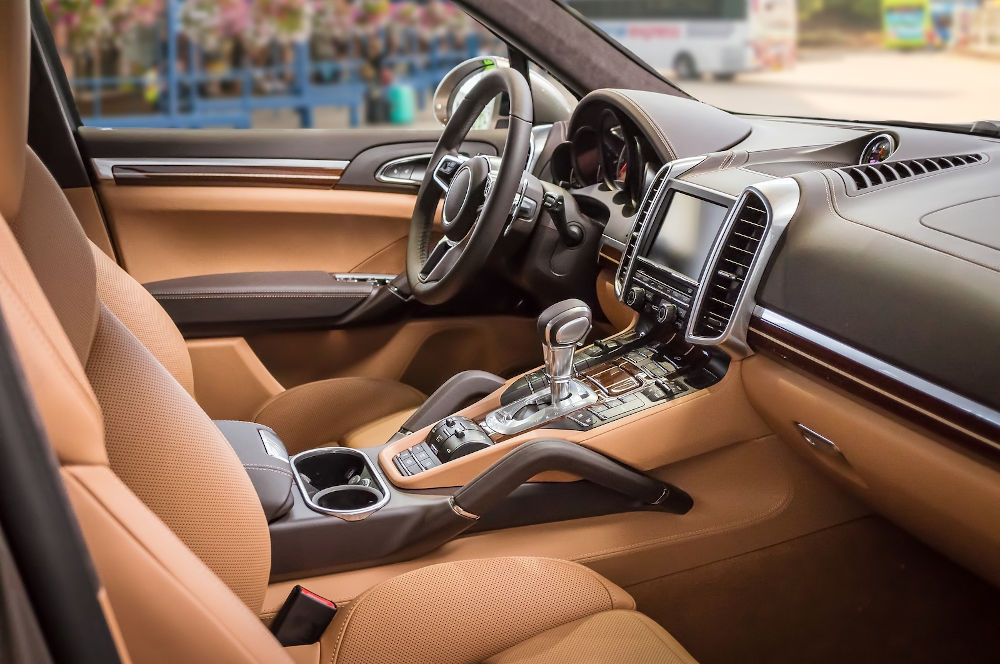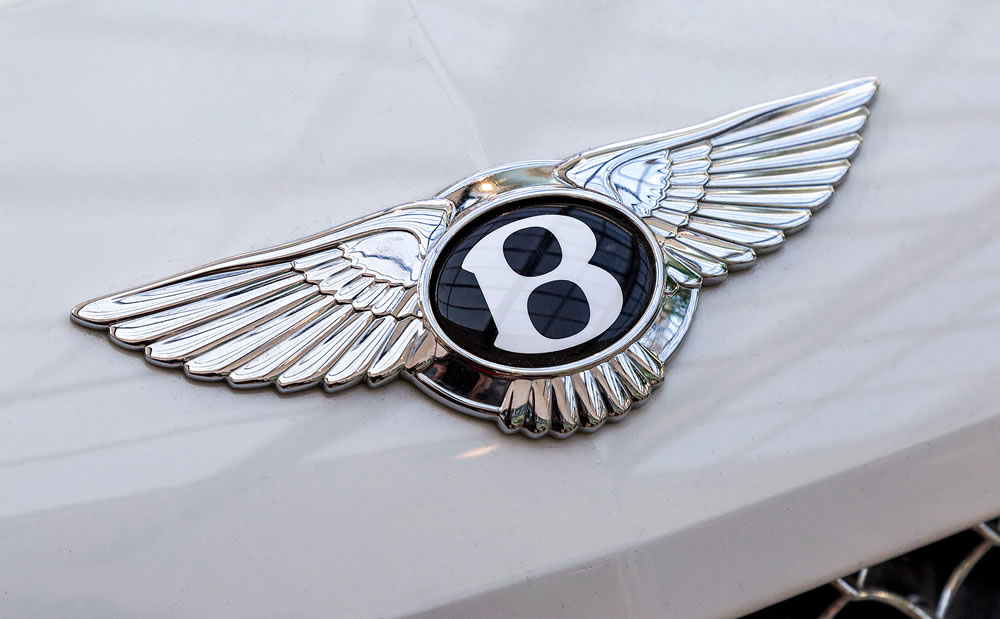For luxury and vintage car collectors, there are few things quite as exciting as purchasing another highly sought-after vehicle to add to your arsenal, and whether you’re trading in your current model or simply looking to make a savvy investment for the future, there’s nothing like getting behind the wheel of a spectacular prestige drive.
Sometimes, however, buying a prestige car isn’t as simple as it seems, and the cloning of luxury vehicles such as these is on the increase. Much like personal identity theft, the same can happen to cars – with fraudsters taking advantage of customers to turn a tidy profit. Typically, stolen cars or those of lesser quality are made to look newer and more valuable than they actually are. Number plates are replaced with those from a legitimate car that matches the make, model and age of the car being cloned to fool buyers – and it’s happening more often than you might think.
To protect yourself from falling victim to vehicle cloning, it’s important to have a thorough understanding of what to look for when purchasing a prestige car. It won’t even cross the minds of most people buying used drives to check that the registration plates are genuine, but when it comes to expensive luxury vehicles like these, it could end up costing you a sizeable fortune if you don’t.

Conducting a thorough check of the car before parting with your cash is essential; the repercussions for those who fail to do so go far beyond losing some money, and could land you in serious legal trouble, too. Most often, the car will either be impounded and destroyed, or returned to its legal owner, leaving you with no car and no opportunity to recoup your financial loss, either.
How to spot a cloned car
When looking to treat yourself to a used luxury car – whether for personal enjoyment, or as an investment for the future – be wary of where you find your options. Always buy from a reputable dealer or someone you trust where possible – and don’t be distracted by the opportunity to bag a bargain from a mystery private seller, as this is usually a red flag.
If you do decide to go with someone who is unknown to you, then be sure to look into their background as a seller. Ensuring that they have a long track record of selling used cars and that previous customer feedback has been positive is essential before you even think about opening your wallet – but that’s just for starters.

Run a vehicle history check
Paying for a vehicle history check might cost you, but it will be a lot less than failing to do so should a vehicle turn out to be suspect. This type of check will reveal whether a car has previously been declared an insurance write-off or has previously been reported as stolen. It will also tell you whether there is any outstanding finance on the car – if there is, then this should raise some questions.
To get a good idea of a car’s history, you can quickly and easily check the Instant Reg Check website.
Check the paperwork
Checking a car’s paperwork is also important. Never buy a car without the V5C registration document, or logbook – as this is required to prove legal ownership. Anyone selling you a car would be able to produce one and be ready to pass it onto you when you buy – so if, for any reason, this isn’t present, then it’s time to walk away. Do not be swayed by a seller saying it is in the post or that they will forward it on because it’s likely this does not exist.
The logbook will clearly state what the car’s registration number is, along with other crucial details that you’ll need to know – so don’t overlook it because of a good price.

Check the car’s VIN number
Not everyone is aware that every car comes with a unique identification number. The Vehicle Identification Number, also known as the VIN, will be detailed on the V5C logbook and will also be found on a plate in the engine bay and at the bottom of the windscreen. Some cars also have the VIN inside the door frame.
All of these numbers need to match up, and if you suspect they have been tampered with, then you should contact the police.
The bottom line
Knowing how to spot a cloned car is essential when investing in used prestige and luxury vehicles, and will save you plenty of headache in the long-run. These simple tips will enable you to protect yourself from falling victim to fraudsters – leaving you free to enjoy your new set of wheels with complete peace of mind.






















